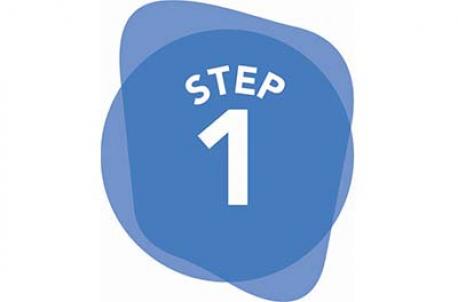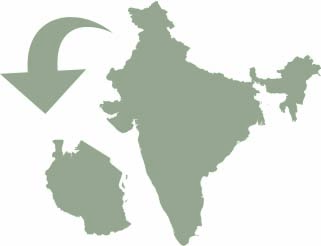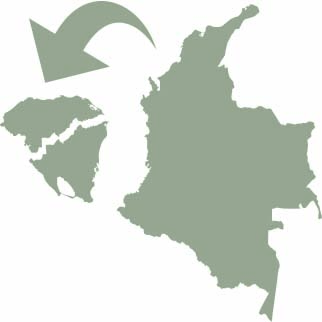
What challenges are blocking the achievement of the development goal?
Reaching a development goal often requires reform in one of three, sometimes overlapping, institutional areas: environment for change, policy instruments, or organizational arrangements. Challenges in these institutional areas may include
- Weak environment for change: characterized by weak stakeholder ownership, lack of consensus on a development approach, or failure to conceptualize or consider a better approach
- Inefficient policy instruments: characterized by weak administrative rules, laws, regulations, standards, and other formal incentives that guide action towards a development goal
- Ineffective organizational arrangements: characterized by inadequate systems, financing, staffing, incentives, and other resources for achieving a development goal
Use knowledge exchange to help address challenges in these three areas. Work with your clients, and other stakeholders, to identify the most important impediments. What needs to change? The following questions can guide your assessment.
Assessing the Environment for Change
- Do all stakeholders agree on the challenge? On a possible solution?
- Is there a mechanism for stakeholders to voice their opinions?
- Is there evidence that a solution exists? Has the solution been tried in other countries?
- Are relevant leaders committed to the goal?
- Are leaders informed and inspired to pursue a new course of action?
- Is there a mechanism for stakeholders to voice their opinions about the challenge or goal? Do leaders act on opinions shared?
- Is relevant information shared regularly with stakeholders? Is that information easily accessible?
- Are people holding government officials and institutions accountable in this area?
Assessing Policy Instruments
- Can existing policies adequately address the challenge? Are new policies needed?
- Is there an established regulatory agency (e.g., Parliament, Ministry) or a mechanism that can support efforts and formally guide the new approach?
- Are new policies and regulatory mechanisms consistent with existing ones?
- Is the current process for defining and achieving the development goal transparent?
- Is the process of formulating policies participatory?
- Do people and institutions comply with existing policies? Will they comply with new ones?
- Is there sufficient technical and administrative capacity to implement the policy?
- Do new policies adequately consider the risks (e.g., unintended negative effects)?
- Can the policy instrument accommodate revisions if needed?
- Do new policies and regulations minimize opportunities for corruption?
Assessing Organizational Arrangements
- Can existing institutions realize the development goal? Do new institutions need to be developed?
- Do existing institutions have to be reformed?
- Does the institution have
- a legal mandate (e.g., vision and mission) to implement the new approach?
- a viable business plan with clear objectives?
- a defined set of activities accompanied by a budget, timeline, and assigned personnel?
- a robust monitoring and evaluation system?
- the funds to sustain its operating costs?
- adequate financial systems in place?
- sound leadership?
- a governing board or system to oversee management?
- adequate staffing with technical and administrative skills to meet business needs?
- And does it
- report regularly on progress?
- issue annual income and expenditure reports?
- find ways to regularly improve its processes?
- adapt to changing circumstances?

Tanzania and India Exchange — This Exchange Sought to Address Two Interrelated Challenges
- Inefficient policy instruments: Policies implemented by Tanzania’s National Dairy Development Board (NDDB) and others did not produce effective dairy cooperatives and supply chains.
- Ineffective organizational arrangements: The NDDB and the Ministry of Agriculture had poorly focused missions, weak extension services, and insufficient technical knowledge to achieve development goals.

Honduras, Nicaragua, and Colombia Exchange — This Exchange Also Tackled Two Challenges
- Weak environment for change: Mistrust among stakeholders hindered effective dialogue and consensus building.
- Inefficient policy instruments: Lack of coherence in land tenure and titling policies including contradictions in the legislation weakened the enforcement of indigenous land rights.

 China
China Colombia
Colombia Denmark
Denmark India
India Indonesia
Indonesia Mexico
Mexico Russian Federation
Russian Federation Spain
Spain United Kingdom
United Kingdom